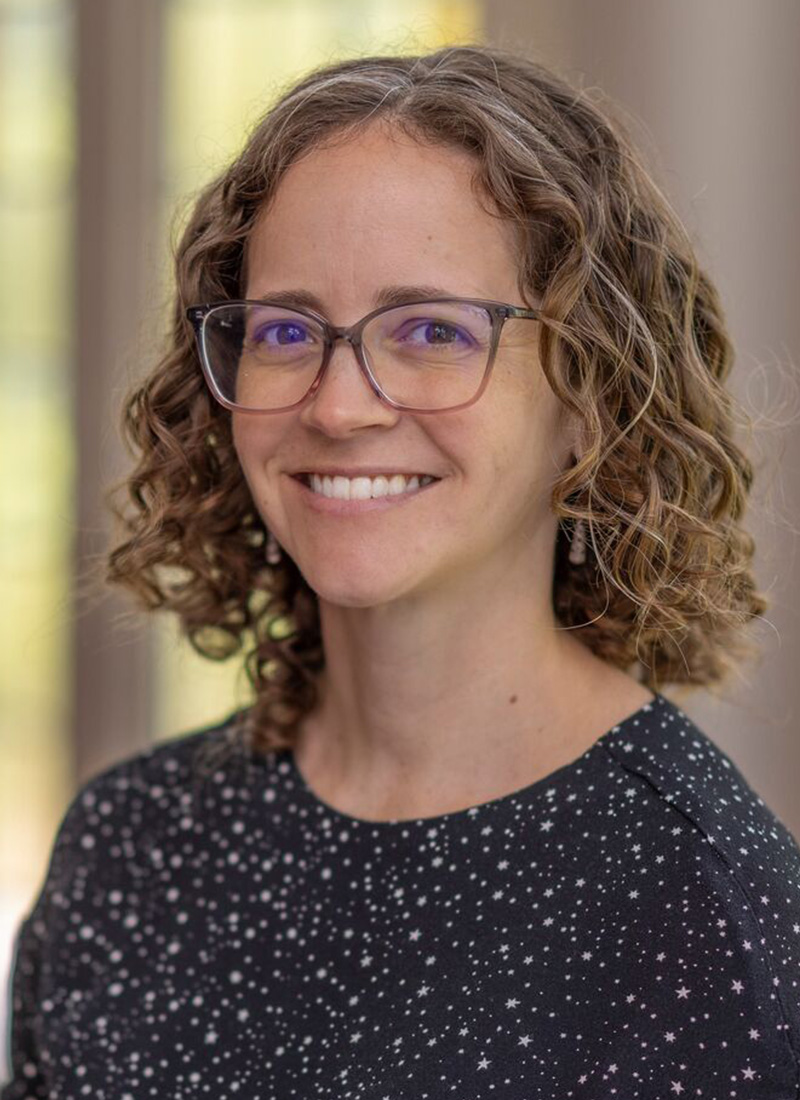Laura Kelly is an associate professor of educational studies, specializing in elementary literacy and ESL/bilingual education. She researches language and literacy teaching and learning in culturally and linguistically diverse educational contexts. At Rhodes, she teaches classes like Urban Education, Urban Education Policy, Educational Psychology, Education & Immigration, Elementary Literacies, Latinx Children's Literature, and Senior Seminar. Dr. Kelly welcomes students interested in educational research to join her team of student researchers, the Childhood Biliteracy Research Collaborative. Dr. Kelly was a classroom K-12 teacher for eight years before going into higher education. She holds National Board Certification in early & middle childhood reading & language arts. Dr. Kelly's CV
Education
